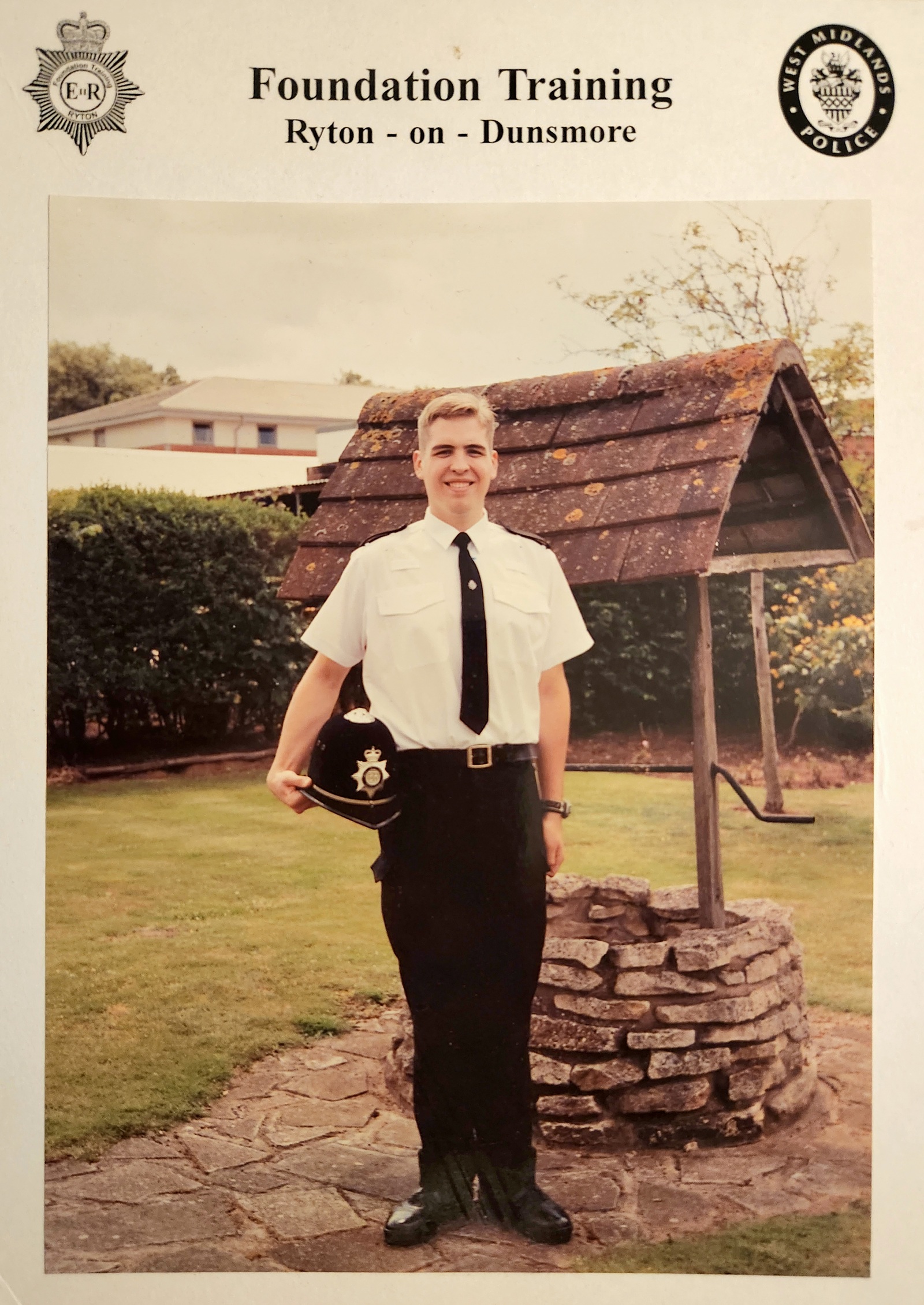Self Defence
and
The LAW

With nearly 2 Decades of active police service before retiring to teach Martial arts, Our head instructor, Sifu David is dedicated to helping make sure that Members are not only able to defend themselves when the need arises but also to feel empowered by knowing how the law affects and is applied in self defence.
FAQ's
Q1: Do I need to let somebody hit me before defending myself?
A: No, absolutely not.
The law in the UK is written to protect you from being assaulted but also to protect you if you need to defend yourself. There are several types of assault which range from an immediate threat of violence all the way up to murder through various degrees of severity. If You honestly believe you are about to immediately assaulted you may defend yourself even if You strike first, but remember you must be able to explain why you thought it necessary.
Q2: Can I get in trouble for defending myself and going too far?
A: Short answer is Yes
Q: How do I know when it's enough?
A: You may defend yourself with a reasonable amount of force to prevent being subject to harm. You do not need to make a detailed analysis of how hard, where, how to defend yourself but you must honestly believe your actions are necessary even if you question your defence choices afterwards. It's called a disproportionality clause but it can't be grossly disproportionate. The rule of thumb is that once the threat has stopped, you stop. This means it comes down to your own honest held belief at the time.
Q3: If somebody hits me can I hit them back?
A: This goes back to the previous questions. If somebody hits you and you hit them back just because they hit you first this could technically mean you both get into trouble for assaulting each other. If You hit them because you honestly believe there will be a further risk of harm to yourself then see Q1. If you keep attacking them back once the threat has ended see question 2. Understand the difference between defending yourself and getting your own back or revenge attacks.
Q4: Can I defend somebody else?
A: Yes. You may defend another person using the same principles above.
Q5: Can I defend my property?
A: Yes.
This has had some press coverage over the years and has caused some confusion. Yes you may defend your property but you may only use as much force as necessary and reasonable to end the threat. The disproportionality clause detailed in Q2 does not apply when defending property, only people. If You or another person are in danger during the attack on your property such as an aggravated burglary, then you may defend yourself and others who are in danger as per Q2.
Q6: Can I use a citizens arrest?
A: Yes
Actually the legal powers to arrest for police officers is only subtly different in that a police officer can suspect a crime has happened and suspect the person. As a member of the public you must KNOW the crime has happened and suspect the person in order to detain them for the police. However The most important thing is safety. Do You need to detain the person or is it safer to let the police find them later. The purpose of self defence is to keep yourself and/or others safe, not put yourself or others in more danger to be a hero.
Q7: Do I need to know the law inside and out to defend myself and not get in trouble?
A: No.
You do not need to be a police officer or a solicitor to understand what you need to know but some knowledge goes a long way in keeping you confident to use your skills. Here's a quick guide...
1. You can defend property but only as much as necessary to end the threat.
2. You can defend your self and other people but only as much as necessary to end the threat.
3. If You go a little too far before you realise the threat is over you're OK as long as it wasn't GROSSLY OVER THE TOP eg kicking somebody repeatedly in the head if they are subdued or unconscious.
4. Hitting back is not the same as self defence unless there is a reason to believe there will be another immediate attack.
5. Don't be a hero. Avoid the fight at all costs and only use self defence when NECESSARY if attacked.
What laws cover self defence and use of force if I want to read more?
Common Law
Section 3 criminal Law Act 1967
Section 76 Criminal Justice and immigration act 2008
Human Rights Act 1998